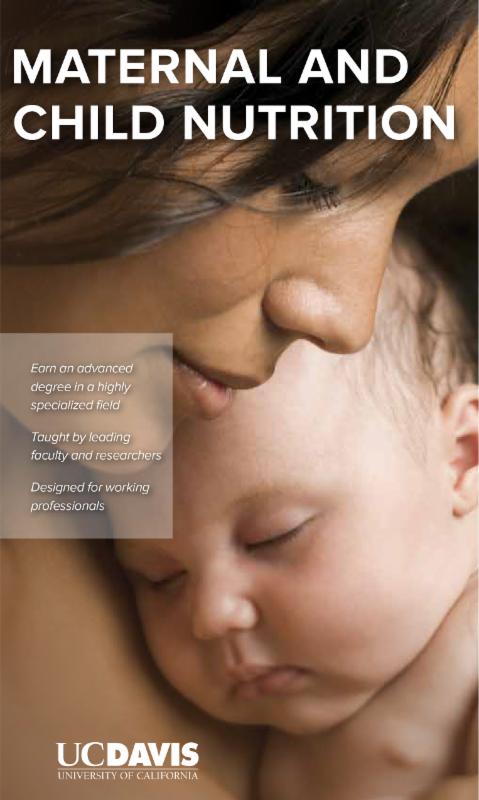|
Energy, Telephone, Utilities
When families stay warm in the winter and cool in the summer, they reduce the risk of health and safety problems (such as illness, fire, or eviction), especially for more vulnerable family members like infants and the elderly. WIC Can Help connect WIC families to financial assistance with utility bills.
|

Optimism Linked to Better Health!
An optimistic outlook may be good for your health! A recent study found significant associations between increasing levels of optimism and decreasing risks of death from cancer, heart disease, stroke, respiratory disease and infections. So try to see the glass as half-full!
|
Shopping at Amazon?
Support CWA without spending anything extra by using
AmazonSmile!
|
Did someone share this with you? Sign up here to get the CWA Flash directly!
|
|
 |
|

Child Nutrition Reauthorization (CNR)
We will have to wait for 2017 to see what happens with the CNR, as negotiations ended on this
bi-partisan effort.
Improvements to WIC would have included developing two year certifications for infants and extending WIC services for children to six years, efforts that would reduce food insecurity as
kids prepare for school
. For now WIC and other child nutrition programs will continue to operate under the policies set by the Healthy, Hunger Free Kids Act of 2010. Of note, the House Freedom Caucus, a conservative House caucus, released a
special report
of 228 recommendations on rules that, if acted upon, would negatively impact nutrition, health care, the environment and more.
|

Pros and Cons for Breastfeeding in CURES Act
This week,
President Obama signed the CURES Act
, after it passed through both houses of Congress with bipartisan support. The CURES Act makes several changes with the goal of making medications safer and more accessible. The
Safe Medications for Moms & Babies Act
(H.R. 5219) was
incorporated into the final Cures package
to address the dangers posed to mothers and infants by the lack of research on medication taken during pregnancy and lactation. However, the funding for the Cures Act is partially offset by reductions to the Prevention & Public Health Fund beginning in FY2018. The CDC's funding for breastfeeding initiatives, established in FY2012, is housed within the Prevention Fund, potentially at risk for elimination in expected ACA changes.
|

BABES Act Passes!
The first standalone breastfeeding measure has passed through Congress and is going to the President's desk! The US Breastfeeding Committee-sponsored
Bottles and Breastfeeding Equipment Screening (BABES Act)
authored by Rep. Jaime Herrera Beutler (R-WA) and Senator Kelly Ayotte (R-NH) passed both houses with unanimous support, and will require the Transportation Security Administration (TSA) to provide ongoing training to ensure its officers consistently enforce TSA policies and procedures related to traveling with breast milk, formula, and infant feeding equipment. Although travelers are
explicitly permitted to bring "formula, breast milk and juice for infants or toddlers"
that exceed the TSA's limit for liquids in carry-on baggage, many have reported experiencing inconsistent implementation of these procedures during airport security screening.
|

We've Moved!
Just last week, CWA moved our office from Davis to West Sacramento. We're excited to get settled in to our new home - perks include some in-house meeting space and closer proximity to the Capitol! We can now be reached at:
3120 Freeboard Drive, Suite 101
West Sacramento, CA 95691
Phone: (916) 572-0700
Fax: (916) 572-0760
Swing by and say hello if you're in the area!
|
Annual Conference 2017: Registration is Open!
Plan now to attend the 2017 CWA Annual Conference, April 9-12 in San Diego. Learn about Engaging Families for Thriving Communities via in-depth pre-conference workshops on breastfeeding and motivational interviewing, inspiring plenary sessions on intentional leadership, policy updates, obesity and interconception care, and dozens of continuing education workshops. Big shout out to the conference planning committee!
ACTION
:
Check the draft agenda, and Register by Feb. 17
to get the early bird discount. Invite your WIC, MCAH, early childhood education, and public health colleagues to join you!
|

Infants in WIC Less Likely to be Overweight
Just weeks after
a report from CDC
showed obesity rates among 2 to 4-year-olds enrolled in WIC declined in 31 states between 2010 and 2014, more new data shows that t
he
percentage of overweight babies
in low-income U.S. families is falling. Researchers found that fewer babies enrolled WIC had a high "weight-for-length" in 2014, when compared with 2010, falling from 14.5 percent to just over 12 percent. High weight in infancy
increases the risk of obesity
later in life, and children in low-income families are at particular risk of both a high weight in infancy and childhood obesity. Weight improvements were greatest among babies in minority groups, with Hispanic and Native American babies showing the biggest changes.
|

Disparities in Breastfeeding Cause Disparities in Health Outcomes
The first
study to show how racial disparities in breastfeeding
rates translates into differences in health outcomes shows that black infants had more than twice the deaths of whites attributable to lack of optimal breastfeeding. Black infants also had more than three times the rate of necrotizing enterocolitis, a devastating disease of preterm infants, attributable to suboptimal rates of feeding with their mother's own milk. White women initiate breastfeeding at much higher rates than black women and slightly higher rates than Hispanic women; moreover, white women breastfeed longer and have higher rates of exclusive breastfeeding. Current rates for black, white, and Hispanic women were defined as "suboptimal breastfeeding", using the AAP feeding guidelines. Researchers say that these disparities rates reflect barriers to breastfeeding, such as lack of paid leave and outdated maternity care. Disparities could be reduced by protecting each woman's right to breastfeed her children.
|

Use of Expressed Breast Milk Linked to an Earlier Switch to Infant Formula
A new study
published in Public Health Nutrition
found mothers who used expressed breast milk tended to change to infant formula sooner than those who directly breastfed their infants. Researchers found higher rates of using expressed milk among women with a planned caesarean delivery, those without breastfeeding experience, those who returned to work postpartum and those who supplemented with infant formula.
|

UC Davis Maternal & Child Nutrition Graduate Program
Apply now for UC Davis'
Master of Advanced Study in Maternal and Child Nutrition
, a program designed specifically for full-time, working professionals who want to earn an advanced degree in this specialized area. Students in this 36-unit, part-time program will learn from internationally known researchers and faculty who have shaped U.S. and international policy on maternal and child health, and discover how to design, implement and evaluate nutrition intervention programs for mothers and children from a variety of backgrounds. Applications are due April 15 for the fall 2017 program. For more information, call (800) 752-0881 or email
[email protected].
|

Community Health Worker Resource Compilation
The Centers for Disease Control and Prevention's Office for State, Tribal, Local and Territorial Support has released a new
Community Health Worker page
bringing together materials pertinent to CHWs. The resources were compiled from across the CDC and are organized by health topic. Each item includes a brief description, type of resource, language, audience type, and a list of related CDC programs.
|
|
|